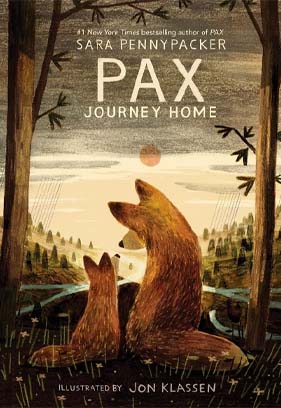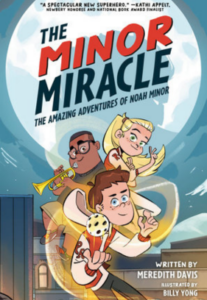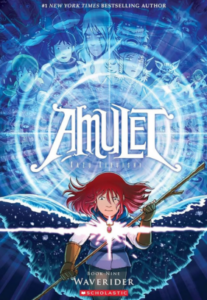Pax is a fox. And though he may look like any other fox you might spot running through the wooded growth, he’s actually quite a bit different. Pax, you see, was once a friend of a human boy; a boy who saved him as a kit and raised him back to health. And by the time they were forced to part ways—for reasons Pax still doesn’t understand—Pax had learned that not all humans are dangerous. Some can be trusted. Some are good.
Now that Pax is a father, after finding a beloved mate named Bristle, he teaches his kits that valuable lesson, too. There are many dangers in the wild. And humans and their machines can be dangerous. But not all. Not all.
At the same time that Pax is teaching his new family and making a home at the Deserted Farm, his boy, 13-year-old Peter, is struggling mightily. The just-past war has taken so much from him. His parents are both dead. He was forced to send away his pet fox. And he was sent away too, to survive on his own since his grandfather—the only living family he has—is too bitter and distrustful to show Peter kindness. A local woman named Vola has opened her home and life to him, but it’s not the same.
Besides, Peter refuses to grow close to Vola, no matter her goodness. People and things he loves tend to die or leave. So, giving love is something Peter cannot do. He’s convinced that life is filled with too much pain to be shared. Peter’s overwhelming sense of loss and grief and guilt all make it plain what he must do.
Now that he’s stronger, Peter will join the Water Warriors for a time. This group, which analyzes and repair waterways that were poisoned during the war, will give Peter an opportunity to make his way back home. There he’ll move into the abandoned house his family used to live in. And he’ll be alone. That’s best.
Life can indeed seem filled with pain sometimes, whether you’re a boy or a fox. Pax sees that too, after his beloved little vixen kit gets sick and grows weaker and weaker. He has no way of knowing that the pond he took her to drink from was poisoned by chemicals that have killed everything that once lived in and around it. She soon begins stumbling and falling, no matter her effort.
But life can offer goodness and hope, too. When Pax catches a scent on the wind that he hasn’t smelled in a very long time, he realizes there might be a chance for his kit. It’s the smell of his boy! Surely the boy will know what to do. The boy helped him. The boy is good. But will the boy be good enough? Will he crack open his locked-down emotional protections? Will he be able to help?
Healing comes in many forms. And two old friends desperately need the healing power of love right now.











